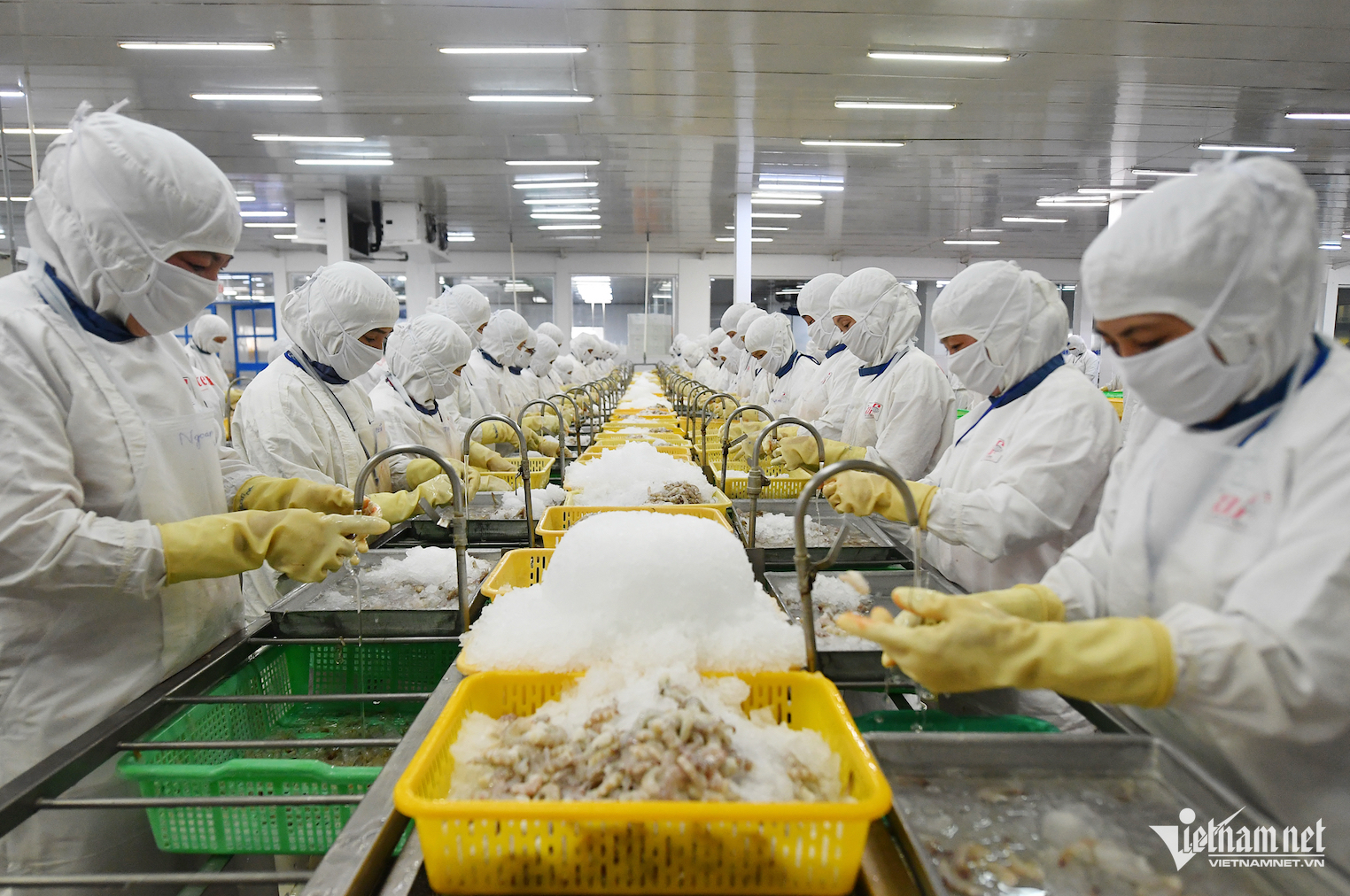Minister of Agriculture and Environment Do Duc Duy is leading a delegation of nearly 50 Vietnamese agencies and agricultural enterprises to the United States from June 1 to 7 to explore trade opportunities and promote agricultural imports. Vietnamese firms have expressed a strong willingness to import key U.S. agricultural products.

The Ministry of Agriculture and Environment (MAE) confirmed that the visit is focused on trade promotion and cooperation in agriculture, forestry, and fisheries. Vietnamese businesses are actively seeking U.S. partners to source major products such as animal feed ingredients, fertilizers, biological pesticides, meat products, cold-water seafood, and raw timber.
The mission aims to strengthen bilateral trade relations, increase imports of U.S. agricultural goods, and work toward balancing the trade relationship between the two countries.
Minister Do Duc Duy noted that both Vietnam and the U.S. have significant agricultural strengths but are complementary rather than competitive.
“With the active involvement of both governments, the agricultural sectors of Vietnam and the United States are becoming more interconnected, sharing supply chains and enhancing competitiveness for the benefit of producers and consumers in both nations,” the minister stated.
According to him, Vietnamese agricultural companies are aligning with the government to increase imports of high-demand U.S. products, helping to balance trade and integrate both countries more deeply into shared supply chains, thereby contributing to global food security.
U.S. consumers continue to show strong demand for Vietnamese agricultural products, particularly spices, fruits, seafood, and wooden furniture. Meanwhile, Vietnamese producers are increasingly in need of imported raw materials such as cornmeal, soybeans, meat and dairy products, timber, farming equipment, and seedlings.
Vietnam’s agricultural sector is proactively fostering partnerships across various levels of the U.S. government, associations, and enterprises. Numerous cooperation agreements have been signed between the MAE and federal and state agencies in the United States.
At the association and business level, 18 memorandums of understanding have been signed since early 2020 between Vietnamese firms and U.S. agricultural exporters, amounting to $6 billion in contracts - half of which have already been executed.
The MAE has also facilitated market access for U.S. producers by approving registrations for 509 U.S. meat and meat product companies and 232 seafood exporters to enter Vietnam.
Both countries are also working closely to open up their fruit markets, enabling consumers on each side to enjoy a variety of fresh produce from tropical and temperate climates.
Speaking to Vietnamese media in late March, a representative from the U.S. Department of Agriculture (USDA) remarked, “Any agricultural trade imbalance largely depends on specific industries and is influenced by regulatory policies, consumer demand, and supply chain dynamics. Ensuring fair market access and reducing tariffs remain top priorities for sustaining long-term trade growth.”
According to Dr. Nguyen Do Anh Tuan, Director General of the International Cooperation Department at MAE, the Trump administration’s decision to impose a 10% tariff starting April 2 - and potentially raise it to 46% by July 9 - on Vietnamese exports to the U.S. has raised serious concerns for both Vietnamese and American businesses.
Dr. Tuan explained, “These tariffs would erode profit margins, weaken competitiveness for enterprises on both sides, and increase the cost of essential goods for American consumers. Excessively high retaliatory tariffs risk disrupting the agriculture, forestry, and seafood supply chains that both governments and businesses have worked hard to establish.”
He emphasized that as essential commodities, rising prices in these sectors would disproportionately affect low-income consumers in the U.S.
Tam An